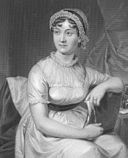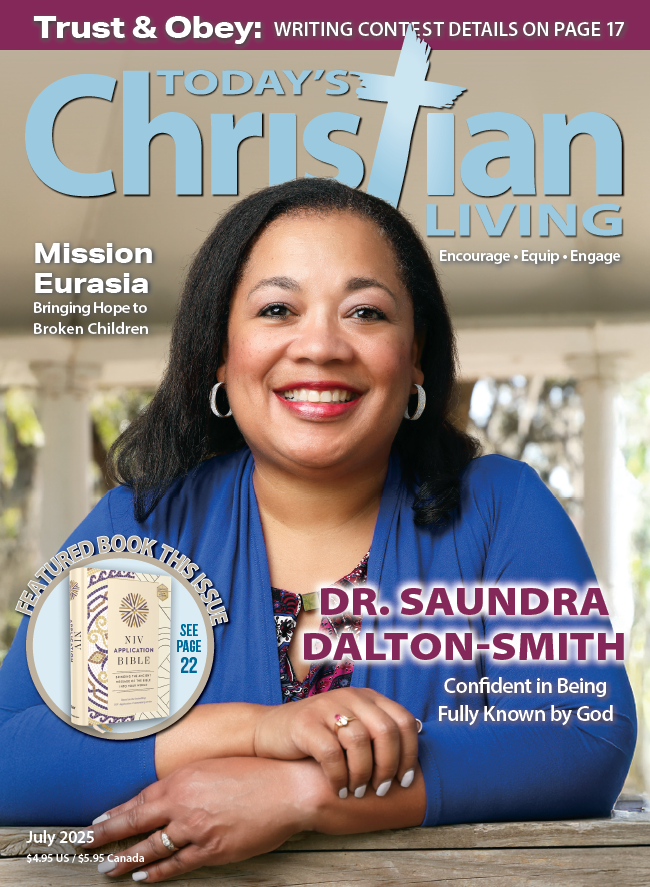Jane Austen was born in England in 1775. Her father, George Austen, and two of her brothers were clergymen in the Anglican church, so she grew up in a family that practiced an active faith in and devotion to God. Her parents also encouraged their children to pursue learning and creative thinking. She and her siblings often wrote and performed plays.
She began writing in bound notebooks when she was just a teenager, exploring the themes of romance, love and morality that are carried through the novels she wrote as an adult.

Given her upbringing, it’s not surprising she was a bit skeptical of those who practiced Christianity outside the framework of the Anglican church – at least in her early years. But as she became more involved in the social and political issues of her day, especially the abolition of slavery which was driven largely by evangelical Christians, her attitude toward her brothers and sisters of slightly different conviction seemed to soften.
Jane Austen firmly believed one’s Christian faith should be lived out in daily life.
“Faith without works is useless.”
(James 2:20)
If you are familiar with her novels, you know her heroes and heroines are all people with biblically-based character traits. The are compassionate, generous, other-centered and reasonable people. She makes comedy of those who are self-absorbed, obsessed with their social standing and foolish. All of her characters, whether good or evil, reap what they sow in the end.
She also believed that one’s works come from a heart devoted to glorifying God. Consider her words from this prayer she recorded in the early 1800’s, shortly after her father’s death:
Give us grace, Almighty Father, so to pray, as to deserve to be heard, to address thee with our hearts, as with our lips. Thou art every where present, from thee no secret can be hid. May the knowledge of this, teach us to fix our thoughts on thee, with reverence and devotion that we pray not in vain…
Above all other blessings Oh! God, for ourselves, and our fellow-creatures, we implore thee to quicken our sense of thy mercy in the redemption of the world, of the value of that holy religion in which we have been brought up, that we may not, by our own neglect, throw away the salvation thou hast given us, nor be Christians only in name.
(from The Prayers of Jane Austen)
While never overtly preachy, Jane Austen’s novels continue teaching godly virtues to generation after generation. Her protagonists, with the character traits of true Christ followers, make these admirable qualities palatable to readers. She subtly gives those who are stuck in self-destructive cycles, like her antagonists, an alternative that leads to peace and joy.
But the fruit of the Spirit is love, joy, peace, patience, kindness, goodness, faithfulness, gentleness, self-control; against such things there is no law.
(Galatians 5:22,23)
Jane Austen was just 41 years old when she passed away. Though never fully appreciated for her keen insights and excellent writing in her own lifetime, she has since been recognized as one of England’s best writers. Still, I believe she would want us to remember her as a woman who sought, in all things, to honor God.
“Incline us oh God! to think humbly of ourselves, to be severe only in the examination of our own conduct, to consider our fellow-creatures with kindness, and to judge of all they say and do with that charity which we would desire from them ourselves.”
(Jane Austen)
You can learn more from these sources used in this article:
The Christian Faith of Jane Austen | Crossway Articles
Jane Austen – Movies, Books & Quotes (biography.com)








